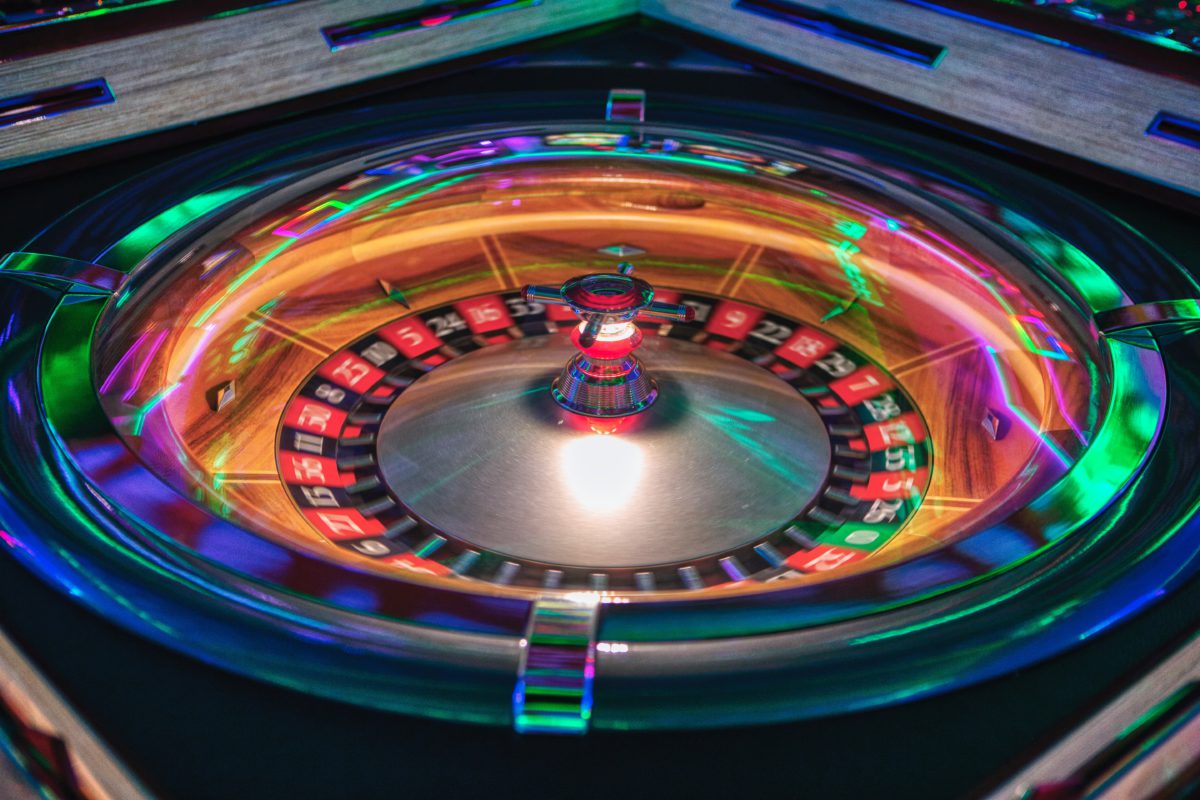
The Oscillating History Of Gambling In The US
By a Biometrica staffer
Over the years, American attitudes towards gambling have changed significantly. According to the American Gaming Association (AGA) about nine in ten Americans “view gaming as a mainstream and acceptable form of entertainment,” and, as of 2020, just about half of all Americans have a favorable opinion of gambling, a 16-point improvement over the previous decade. In addition, almost 70% of those surveyed by the organization say that gaming contributes positively to the U.S. economy, while 63% say that the industry generates high-quality jobs.
More states are moving to legalize sports betting after the U.S. Supreme Court decriminalized it in 2018, and the recent Covid-19 lockdowns significantly boosted the popularity of iGaming across the country and across demographics. Against this backdrop, it might be worth looking at how gambling in its various forms took root in the fledgling United States, general attitudes towards it over the years, and how it came to be generally accepted as a leisure activity in modern-day America.
Unsurprisingly, opinions on gambling have fluctuated, depending on the social mores of the time. The perception of it is largely dependent on local customs, religious attitudes, morals, and the type of gambling in question. According to one estimate, only about 28% of Americans think gambling is morally wrong. Though there are some cautionary tales about gambling in various religious texts, it is not considered too controversial a social issue, per se, like abortion or euthanasia might be.
The definition of gambling depends entirely on the context. It could be something as simple as a game of dice or blackjack; something as small-scale as a betting pool during football season; or something as elaborate as multimillion dollar lotteries. It could involve some level of skill, like a fantasy league or picking a winner in a horse race (as we covered in a piece last month), or something more passive like playing a slot machine. Because of this amorphous nature, those looking to restrict or regulate gambling have struggled to fully and comprehensively define what constitutes the act in the first place.
One of the earliest forms of gambling known is betting on dice or other games of chance, dating back to ancient civilizations in Egypt, China, and Japan. There is also evidence of gambling in ancient religious texts and historical documents from many different cultures across the world.
American attitudes and laws towards gambling have followed a cyclical pattern, rising and falling as the economy underwent its own bust-and-boom cycles. There is considerable evidence that Indigenous people partook in some form of gambling before they were colonized, though official forms of the activity were brought over to the Americas by the Europeans.
In the early days of colonization on the North American continent, gambling was generally an unregulated and popular past-time, and included activities like betting on horse races, etc. Colonies also used lotteries to raise revenue, which was then used to further build up cities, universities, and secondary schools.
However, as the acceptability of gambling began to wane in England with more conservative attitudes towards such vices, the Crown started imposing restrictions on gambling in the colonies during the 18th and 19th centuries. This, in fact, became a source of contention between the colonies and England before the American Revolution.
Post-Independence, as America continued to steadily expand, the Mississippi River valley became the epicenter of gambling, particularly New Orleans. It was at this point that the well-known Mississippi River Boats came into existence. As society and American settlements continued to grow, however, disapproval of gambling followed in its wake. This pushed the focal point ever westward, to emerging cities where there were fewer rules and oversight. One such area to gain attention was San Francisco, as a result of the California Gold Rush, as well as Galveston, Texas.
After the Civil War, during the Reconstruction period, society once again started to view gambling revenues as an acceptable and attractive source of funding for their rebuilding efforts. With the turn of the century came the predictable backlash, with governments once again restricting and forbidding gambling. As such, it became a fertile breeding ground for criminal syndicates, with mobsters cashing in on its popularity, especially once Prohibition kicked in.
In the post-Depression era, many states legalized some forms of parimutuel betting, like in horse racing. Further, activities like bingo were used by churches and other charitable organizations to raise funds for recovery.
One area that capitalized on such a strategy was Nevada, today the country’s mecca of gaming. The state began its ascendancy in the aftermath of the Great Depression by becoming the only state to legalize casino gambling in the United States. The revenue was used to fund recovery efforts and to build the Hoover Dam. As the rest of the country continued to adhere to strict anti-gambling regulations, Las Vegas became a literal and figurative oasis in the middle of the desert. Its rapid growth overshadowed previously popular gambling destinations like Galveston and prompted New Jersey to legalize gambling in Atlantic City in 1977.
Just two years later, the Seminole tribe became the first Indigenous group to foray into gambling, through a high-stakes bingo hall in Florida. The Indian Gaming Regulatory Act of 1988 paved the way for tribes to have autonomy over certain classes of gambling within their own jurisdictions, including some card games, bingo, etc.
Today, there are approximately 462 commercial casinos in the U.S., establishments licensed by the state government and owned and run by private companies. As of today, the only two states that have legalized state-wide gambling are Nevada and Louisiana. All other states only legalized it in specific designated areas. According to the AGA, the annual economic impact of casino gaming in the country is $261 billion, with around $41 billion of tax revenue generated yearly by the industry. Nearly 240 tribes in 28 states have some stake in gambling enterprises, according to the Internal Revenue Service (IRS).